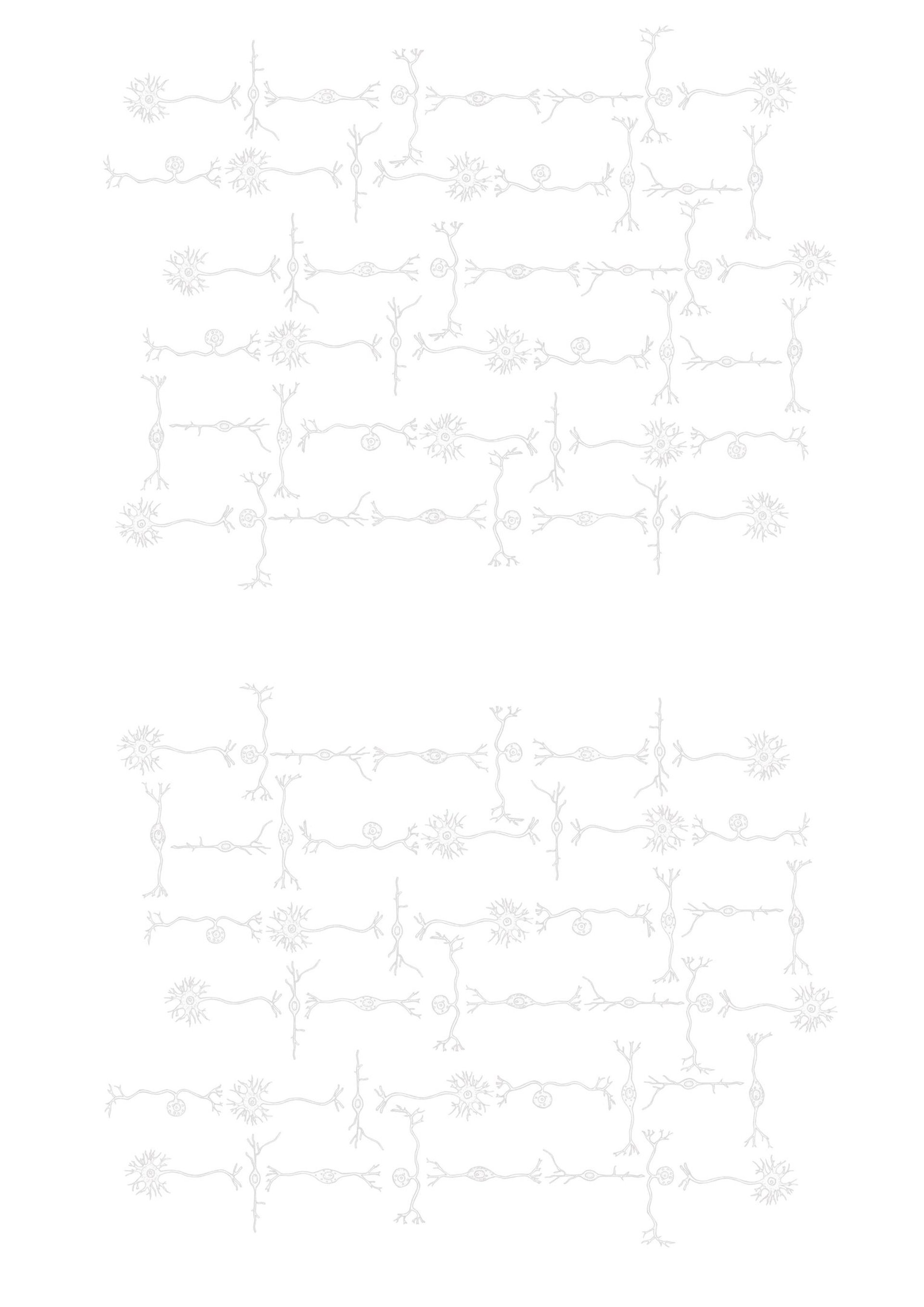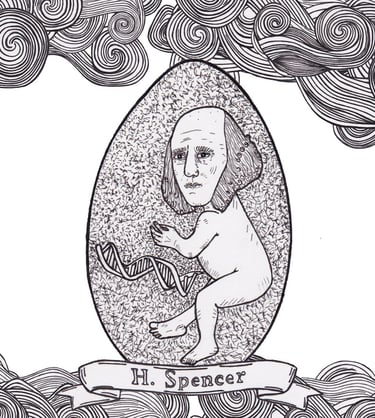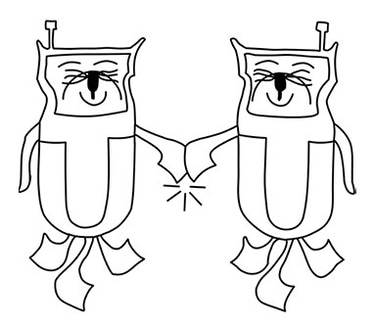
Since the beginning of times, we humans have been deeply puzzled about our nature and attributes. When Darwin and Wallace presented their respective papers to the Linnean Society in 1859, describing the mechanism by which evolution works, –natural selection— for the first time in our long history the possibility to unravel the old riddle around the nature of human beings was within our reach.
Yet a hundred and sixty years later, the implications of those landmark findings, have barely influenced our institutions, and still are poorly understood by the general public. The number of ongoing international crisis, have made evident that as a society, we are far from assimilating that we ourselves, just like every living being, are the product of evolution: as opposed to being the product of intelligent design. This is particularly true for the Covid–19 health crisis; the many armed conflicts, either on racial or religious bases; and even several of the main causes of global warming.
On the one hand, some fundamental concepts of the theory of evolution are still largely miscomprehended, such as the well-known fallacies, —survival of the fittest— or —behaviour for the good of the species— which regrettably were interpreted as if natural selection accounted for the greatest inequalities of our world, not to mention its usage for justifying racist views. On the other, we know very little about how do our bodies and minds work, we all go around our lives oblivious of the underlying rules and constraints that exert influence over our thoughts, feelings and behaviour; in addition to the vulnerabilities that come with being biological entities.
For instance, mental disorders are extremely common in this times, and probably one of the biggest plagues of our society. The reasons are varied, from the contrast between our evolutionary mindset and our modern lifestyle, with its overcrowding and information overload; to the standardisation of what we think we should pursue, just to name a couple. Stress has become the norm, and we’re unaware onto how we’re traumatising our mind and body by being always immersed in a pool of stress—hormones.
Over the past decades, scientific research has made wonderful discoveries about human behaviour and the way our cognitive apparatus handles reality. It turns out, we have a number of important misconceptions about ourselves; for starters our behaviour is not entirely under our control, and is not reason—based at all. There is the extremely high possibility that each one of us, at some point in our lives, has acted or taken a decision because of a scent.
There is no causality between the great capacity of our cognitive apparatuses, and the reasonings yielded by those apparatuses. Indeed, we have the capacity for holding ideas or carry on actions that eventually will bring detrimental consequences to the very individual holding those ideas or carrying on those actions. Cognitive dissonance is the most popular of such phenomena, and the history of mankind is swarming with examples.
Our new self-portrait must take into account the continuity between species, whether cognitive or behavioural: since we even share the basis for our moral and altruistic behaviour. Particularly, our society needs to integrate and understand thoroughly the baffling paradox of the sameness of the human race, with the variability of the individuals. Similarly, we ignore the changes already impinged upon our organism due to the technological advancements.
We have domesticated ourselves to such a degree that we aren’t even aware of the ways our bodies have functioned for millennia, with huge repercussions over our wellbeing.Take for example the unforeseen effects that unfolded after the widespread implementation of street lighting. We went from our ancestral sleep pattern, —segmented sleep—, which was fundamental for the capacity to regulate stress naturally and for the adequate production and release of hormones: to a single session of sleep. By 1920 references to segmented sleep in medical literature had disappeared, while simultaneously a mysterious new ailment was afflicting people, “the sleep maintenance insomnia”, the condition of waking up at night and having trouble getting back to sleep. Nowadays It is believed that over 30% of the medical problems across societies, derive directly or indirectly from sleep. Still for us, an eight hour sleep schedule, followed by an uninterrupted period of sixteen hours of activity, sounds perfectly normal.
We have little to no idea how changes like this have influenced our behaviour, and forever changed the way we humans deal with our minds. A new generation of human beings is surging. There is no question that biotechnology will transform us. Just recently, in China, the first human genetically designed in a laboratory has been created. So before we start massively designing and producing human beings; before we start legislating a world of technologically enhanced individuals in contrast to the non enhanced ones, we strongly believe that we should know the ways of our species, the functions and interactions of the structures that conform it, the raison d’être of our behaviours and traits.
The key of how our future will unroll, greatly depends upon the assimilation of our very complicated nature, inasmuch as the biggest imminent threats humanity is facing, aren’t inescapable cosmic events bound to happen, but man–made circumstances: global warming (alongside its many disastrous consequences); antibiotic resistant pathogens; nuclear war; rogue biotechnology; among others.
An accurate, up to date account of human nature is nowadays more pressing than ever.


WHY TO KNOW OURSELVES?


